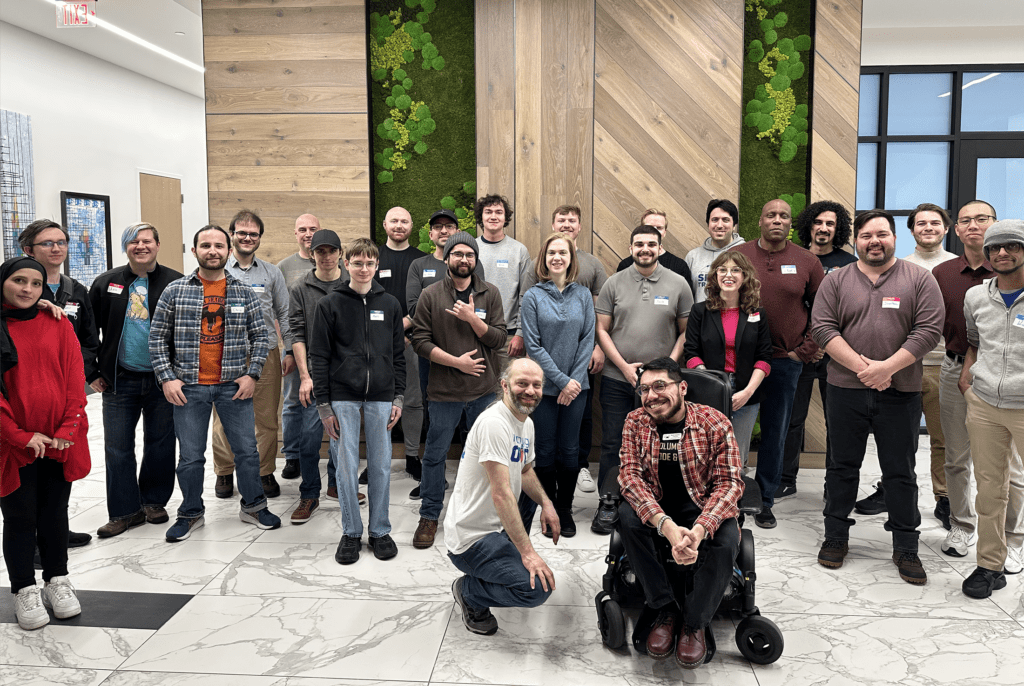Scenario: I want to redesign and re-platform my website. I’ve heard cases for using proprietary software and cases for using open source. But I am trying to figure out what the best route for my business will be.
We’ve heard many scenarios like the one above. To help you make the best decision for your business, we sat down with our VP of Engineering and picked his brain about what open source means for growing businesses. Take a look at his answers below!
What would Buckeye Interactive recommend, for a client coming into our company looking to build their website? Open source or close?
We almost always recommend open source solutions. Why?
- They’re more flexible and more powerful.
- They give us the benefit of a community of people who are using them, testing them, and improving them.
- It makes for a much better development experience because there’s a lot more resources out there to support it.
A lot of times with closed source solutions, you only have one option if you need support on it. You can only go to the person or company that built the software. If it’s not a priority for them, changes or fixes will never happen. This can result in delayed launches, loss of clients, and much more.
So we know why closed source isn’t the best option, but are there any concerns with going the open source route that a client might have?
Yes. Those questions usually boil down to support.
As long as you don’t need any customization, the company you are working with should be able to support their base product with open source projects. The downside is, there’s not always an established entity behind them.
Having said that, Buckeye Interactive tends to vet the open source solutions that we recommend. We won’t recommend a piece of open source software only one person is using. We recommend things that have been vetted and proven throughout our community and throughout the Dev world.
The second concern we usually get questions about is security.
Common sense says, “If all this source code is in the public, anyone can read it. Doesn’t that mean that hackers can read it, too?” The answer is yes.
There’s a principle in security known as security through obscurity. This means your only form of security is if you can’t see something or something is hidden. Oftentimes, people think closed source projects are more secure. When it comes to websites, most of the code is already out in the open. Additionally, if security through obscurity is your only form of security, it’s not true security.
The nice thing about open source projects is that there are more hands on deck. When you have more people who can actually scrutinize and audit the code, you tend to find there are fewer security vulnerabilities. With closed source projects, those who built the project are the only ones who can audit and assess the code.
So all in all, security is an issue with both closed source and open source projects. But the problem is more easily solved with open source solutions.








